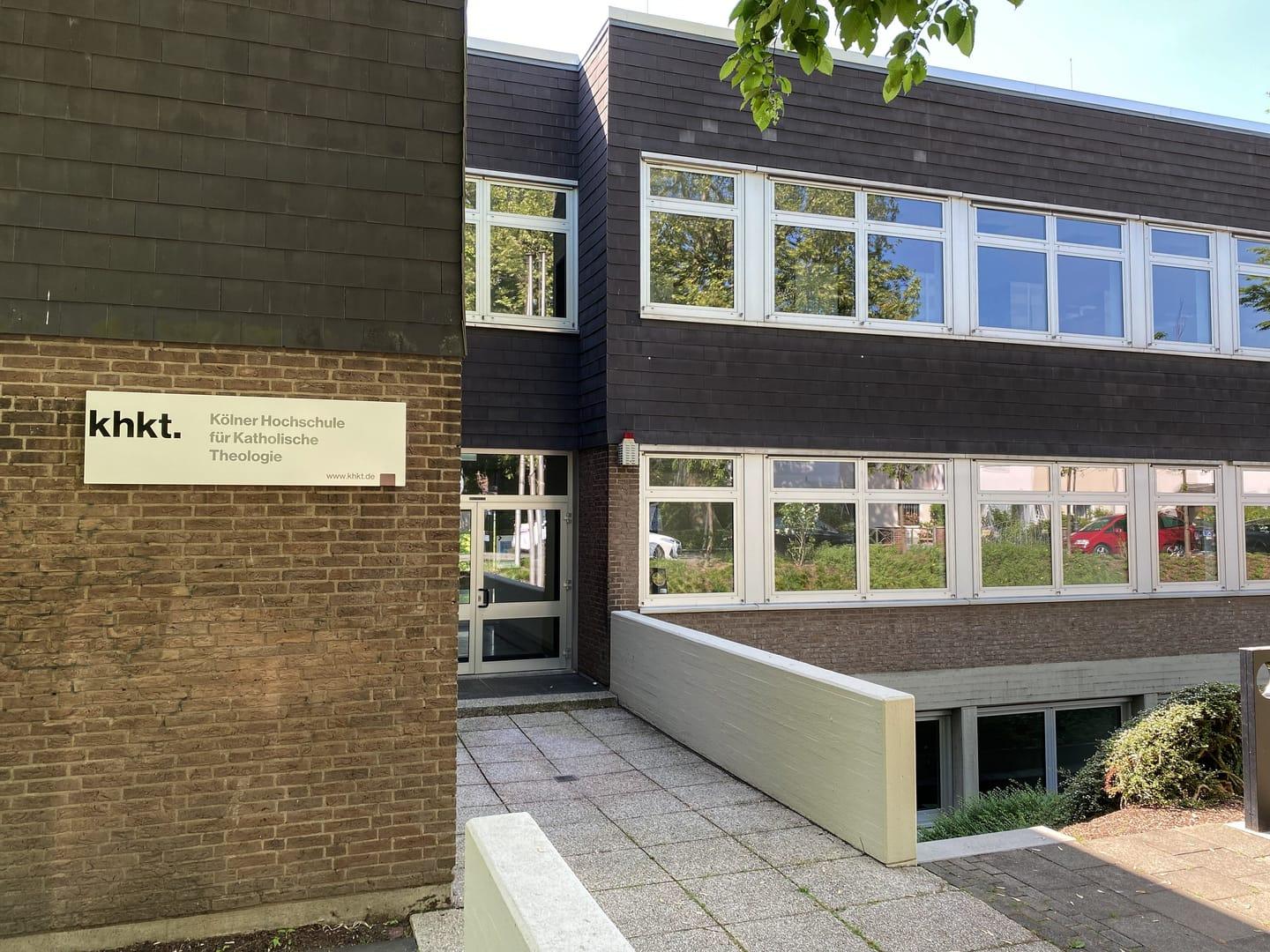COLOGNE, Germany — The dispute over the Cologne University of Theology, which is supported by Cardinal Rainer Maria Woelki, is coming to a head, reports the German Catholic news agency KNA.
Ina Brandes, science minister of the state of North Rhine-Westphalia, said in mid-September that, under a binding agreement between the state and the Vatican, the University of Bonn’s Catholic Theological Faculty was the sole location for priest training in Cologne.
The continued enrollment of prospective priests in the Cologne university could lead to “the start of infringement proceedings with the Vatican,” she said. The University of Bonn also repeatedly has urged compliance with the agreement, reported KNA.
Pressure is also building from within the church. Critics have long accused Woelki of wanting to set up a conservative counterweight to the more liberal Catholic Theological Faculty in Bonn.
The issue also played an important role at the conference of the 15 city and district deans, the local Catholic representatives at the communal level, which ended Sept. 21.
Woelki participated in part of the meeting. Four of the city deans — from Bonn, Duesseldorf, Cologne and Wuppertal — had already positioned themselves against the Cologne University of Theology because of the legal problems and its unclear financing.
They said the university, taken over from the Steyler Missionaries in Sankt Augustin in 2020 and now being run as the Cologne University of Theology, was superfluous; the current theological faculties at four state universities in the archdiocese were sufficient in terms of the quantity and quality of teaching.
This irritated Woelki and prompted him to tell KNA that he had not made the decision to set up the university on his own. “It was dealt with in numerous committees — also with the city and district deans,” he said.
Woelki did present the project to several committees in 2019, but those present at the meetings differ on what exactly he discussed and what the committees agreed to, KNA reported.
The spokesman for the city and district deans, Father Bruno Kurth, voiced criticism in a letter he sent to the cardinal in advance of the mid-September conference.
In the letter, which has been seen by KNA, the Wuppertal cleric rejected the impression that the deans had supported the establishment of the new theological university.
He pointed out that the takeover of the university by a foundation had already been decided ahead of the meeting in question, July 5, 2019. He said the deans approved the project — but on completely different terms.
At that time, there had only been talk of “a temporary continuation” of the college for six years, in order to meet the request of the Steyler Missionaries and the Vatican to enable the existing students to graduate.
“There was no talk of a lasting institutionalization of the college,” Kurth said.
In order to secure the project financially, Kurth said, it was decided that the foundation supporting the college would not draw on any church tax funds or diocesan assets.
The university would be financed entirely from a special fund of the archbishop and through sponsoring. The costs had been put at 1.2 million euros a year over six years.
“This point was important for the approval by the deans and probably also by other bodies,” Kurth said.
He added that Woelki’s recent claims in interviews that he had said church tax fund would not be used only “initially” were “wrong in view of the minutes of our meeting.”
Meanwhile, the supporting foundation, whose long-term funding requirement is estimated at 8 million-10 million euros, receives more than 3 million euros per year from the diocesan fund, which is, however, gradually running out.
Kurth wrote in the letter that the costs probably had not been “calculated seriously.”
He added that the plans presented at the meeting had not mentioned a change of name for the university or the appointment of new professors. Moreover, all decisions about “the concrete form of the university as it understands and presents itself today” had been made without consulting the city and district deans, the Priests’ Council or the Diocesan Pastoral Council.
“In which of the diocesan advisory bodies was there even an open-ended consultation?” said Kurth. He added: “Three years after the start of teaching operations, no adjusted economic plan has been presented.”












